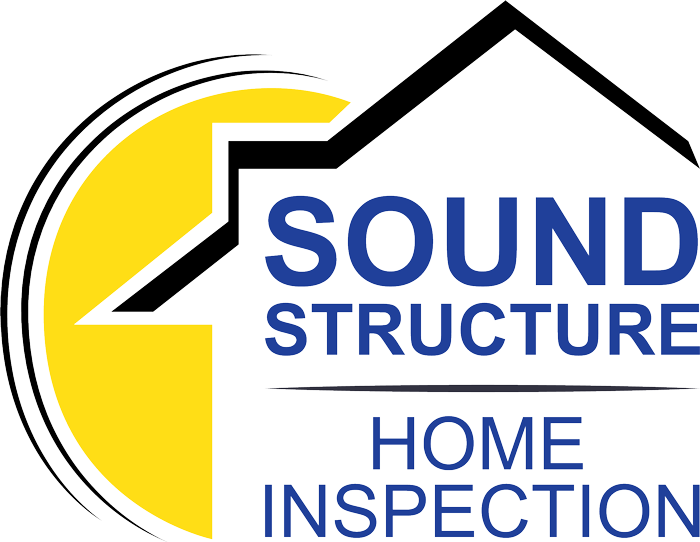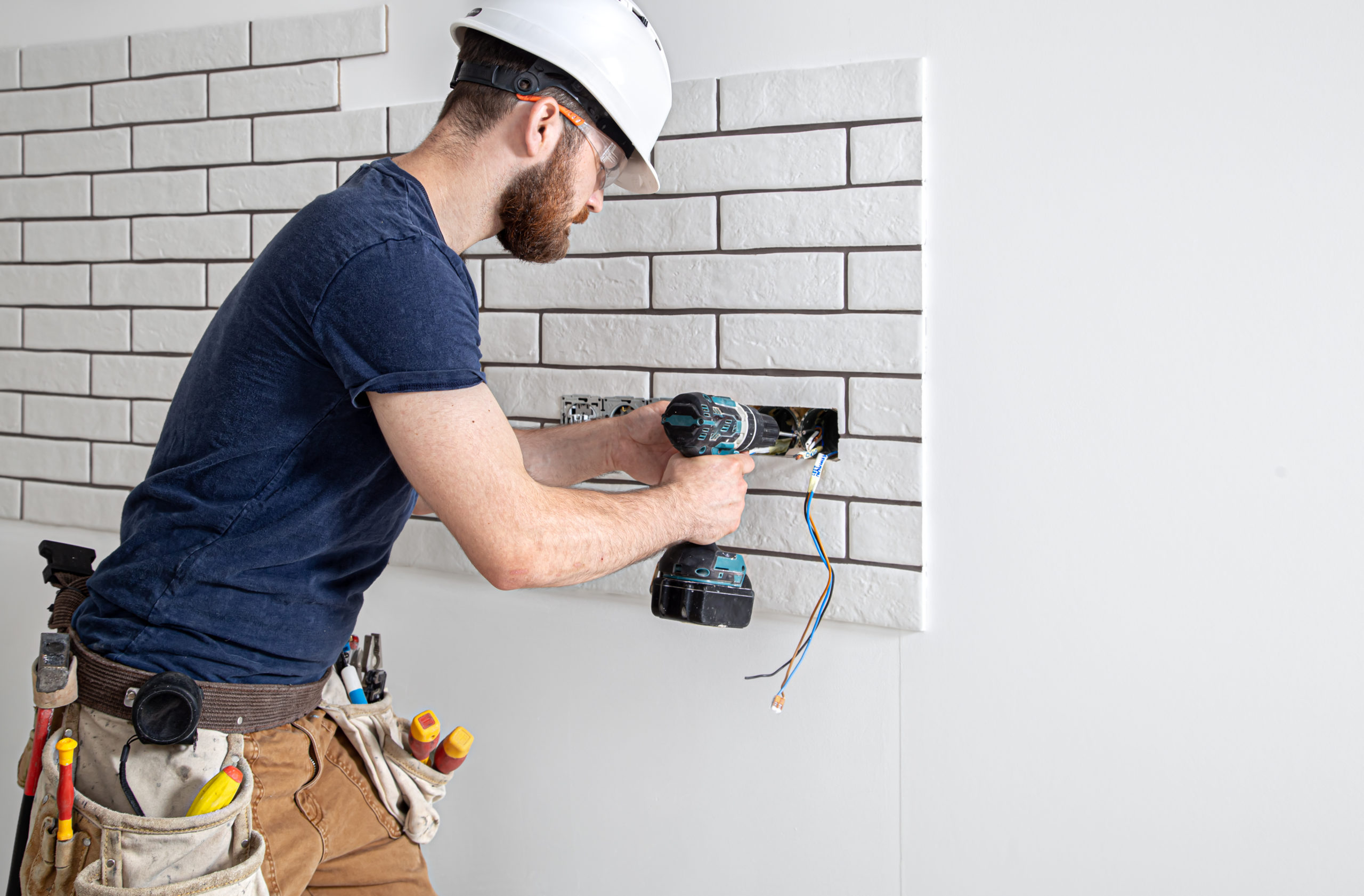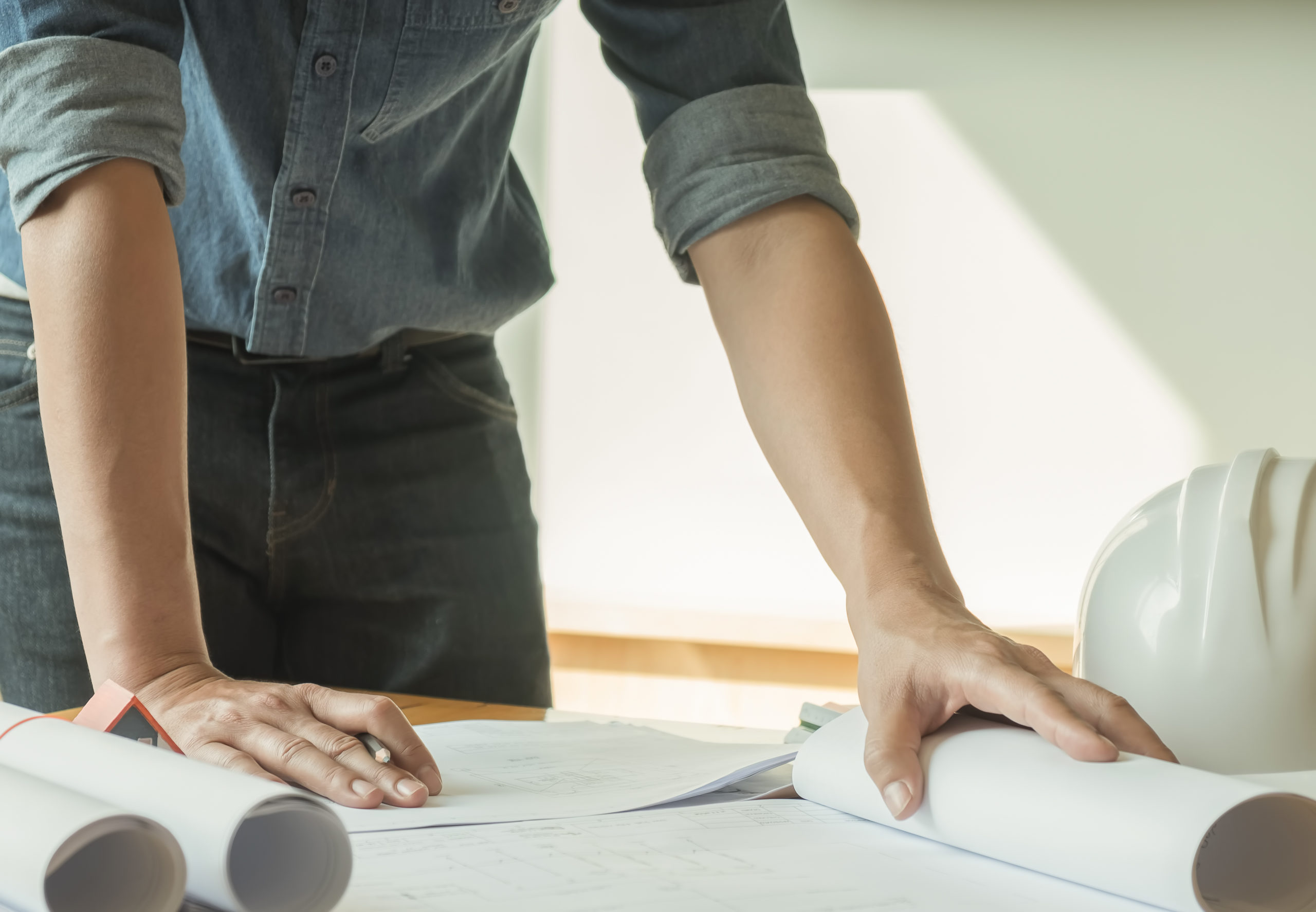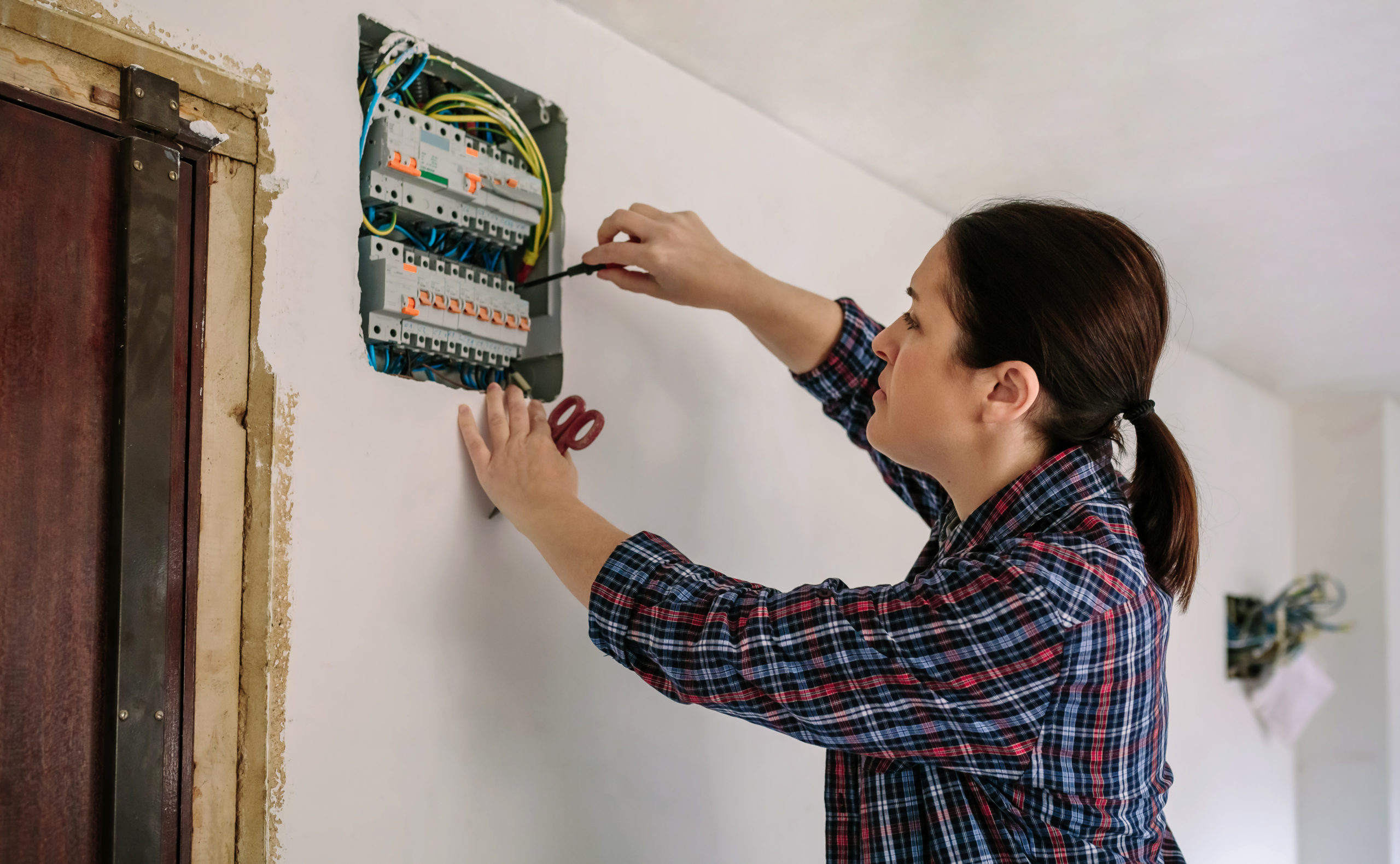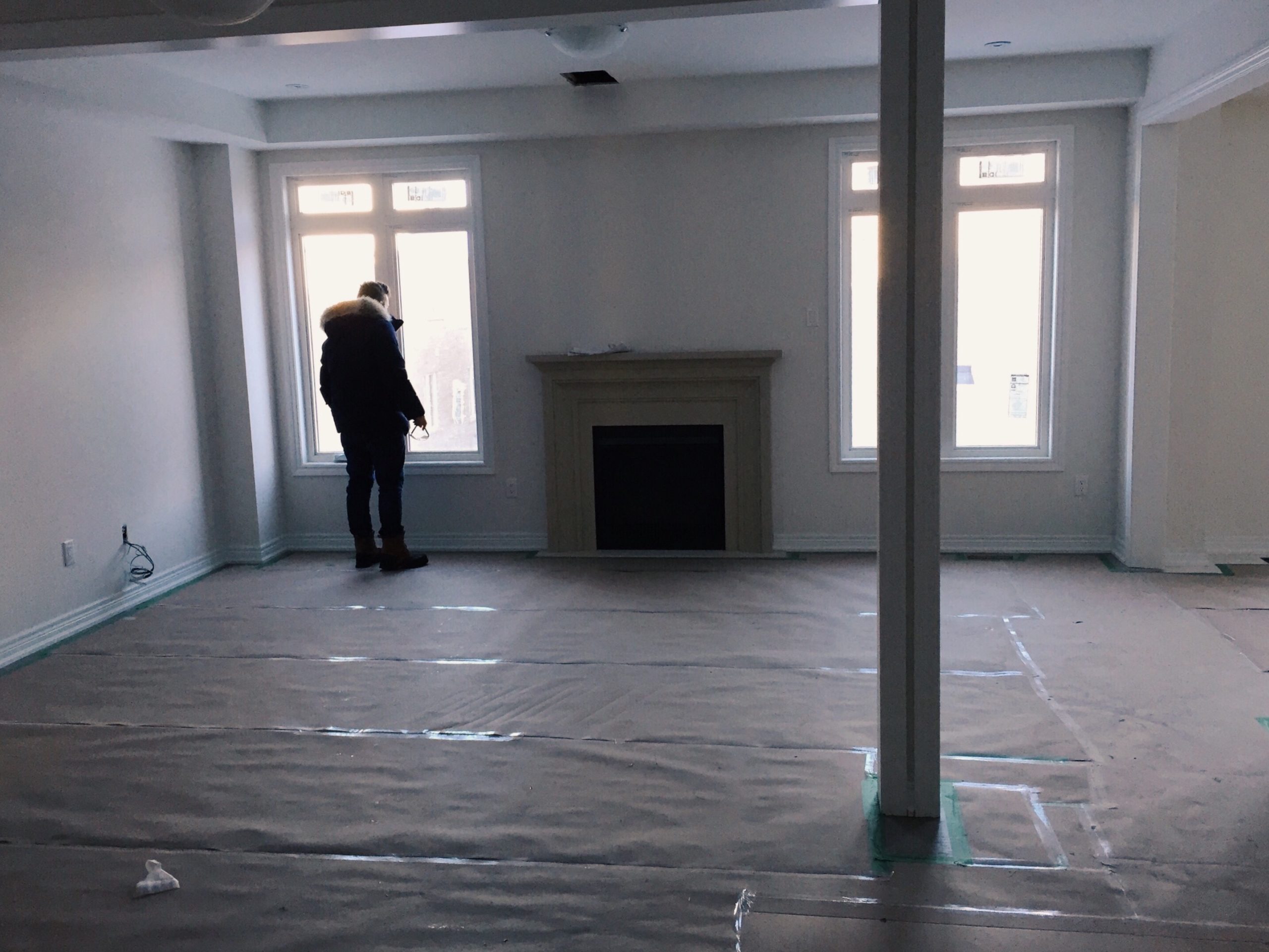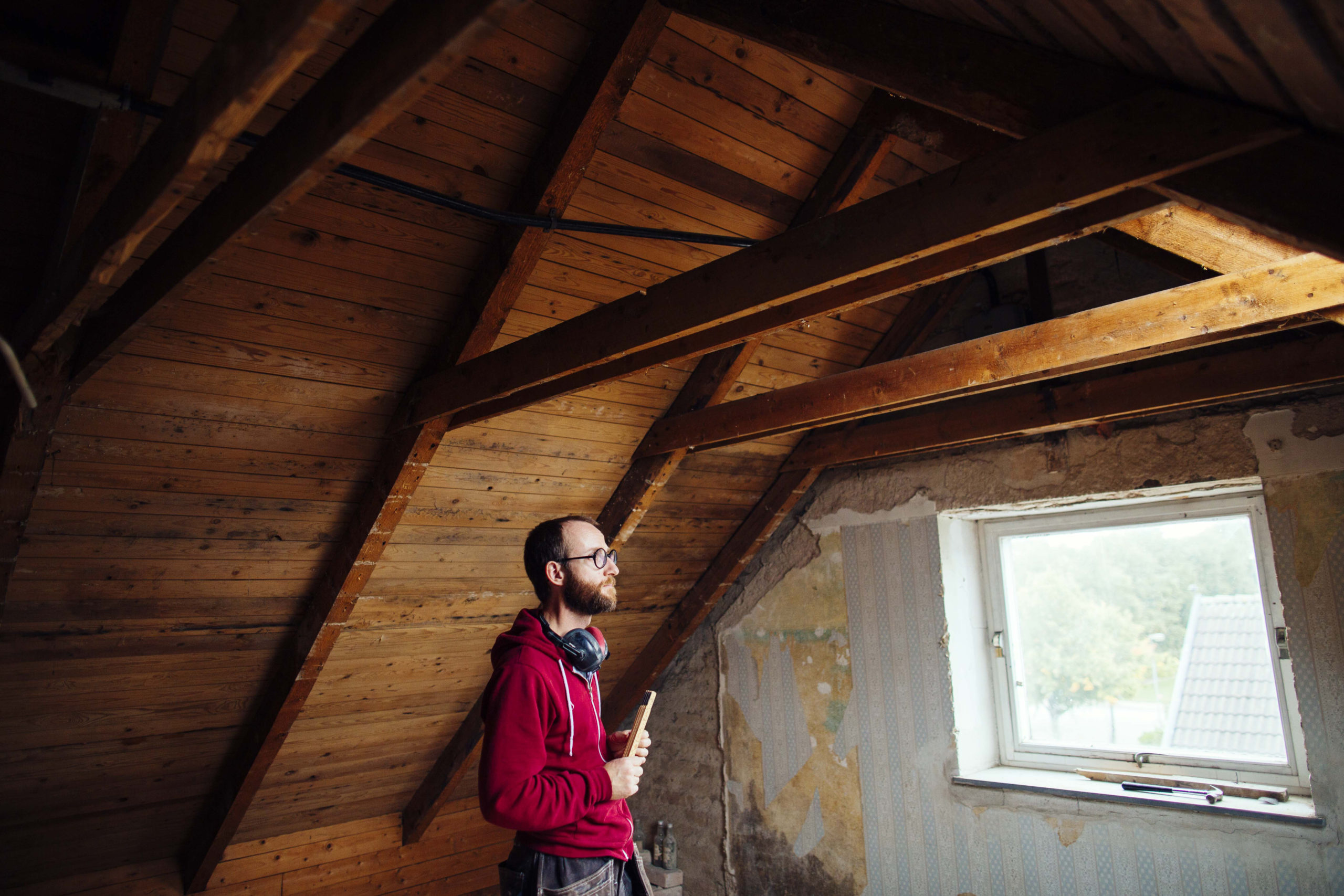Common Problems Found In Home Inspections
The odds are your home isn’t perfect. But don’t worry, no home is. From roof damage to faulty wiring, there is a wide range of problems that a house runs into during its foundation. These problems were okay and manageable when it was just you and your family living in your home. But now you’ve planned to sell your home, and the time has come to fix all of these issues finally. Well, luckily for you, this is where a home inspection comes in to save the day.
A home inspection is just as it sounds: an inspection of your home. It’s where an inspector will come through and do a thorough search through your home to look for any problems that may be affecting the foundation of the house. This can include roof damage, faulty wiring, plumbing issues, and even the discovery of mold. A home inspection is a great way to determine the value of your home before you put it on the market. But what are some of the more common issues that are found in a home inspection? Keep reading, and you may just find out.
Heating And Cooling System Problems
Nobody likes to be too hot. And nobody likes to be freezing cold. It’s that perfect in-between that hits the sweet spot. This is why a home’s heating and cooling system is one of the most critical components. Whether it be too hot or too cold, the one thing that is certain is that it is completely miserable when this system is malfunctioning. This is why checking the heating and cooling system is a top priority when it comes to a home inspection. Not only does it make the house painful to stand in, but it can also be a pretty penny to fix this system. When it comes to selling your home, it is crucial that you make sure your home’s heating and cooling system is working perfectly.
Plumbing Issues
Plumbing and water issues are some of the most prominent problems that home inspectors encounter whenever inspecting a home. From water stains on the ceilings to leaky pipes, plumbing problems can diminish the value of a home drastically. This is why it is usually a good idea to hire a plumber to check out your plumbing system even before moving forward with a home inspection. Making sure that all of your plumbing problems are fixed may be expensive, but it is more than worth it in the long run when it comes to selling your house to prospective buyers.
Faulty Wiring
Probably the most critical issue on t his entire list. Faulty wiring can be incredibly dangerous when not handled correctly. Most electrical systems become extremely worn and outdated that they begin to malfunction after several years. This can lead to a spike in your electrical bill or something much more drastic like electrocution. Like your plumbing problems, it’s a smart idea to hire an electrician to fix your wiring before even hiring a home inspector or putting your home for sale on the market.
.
